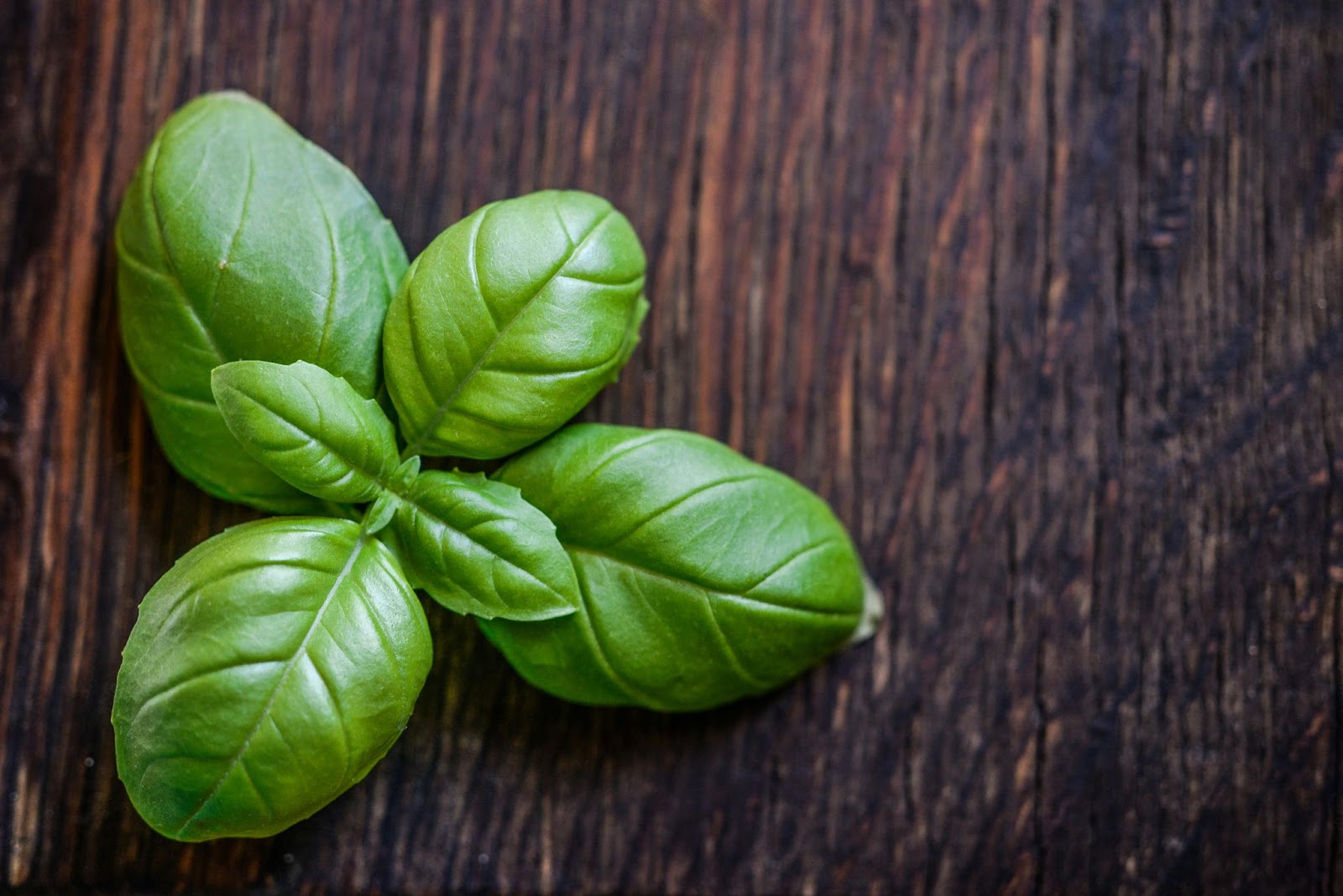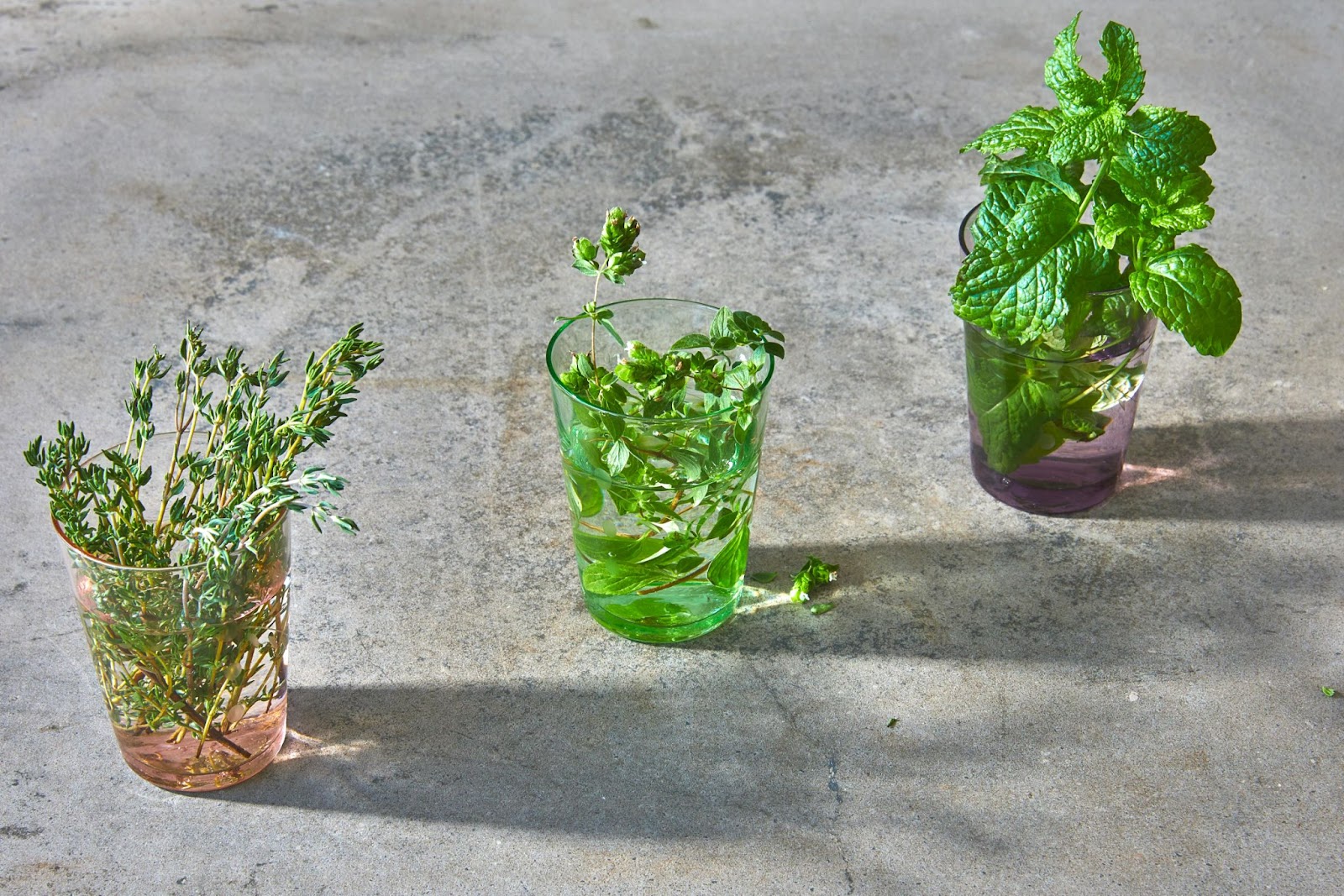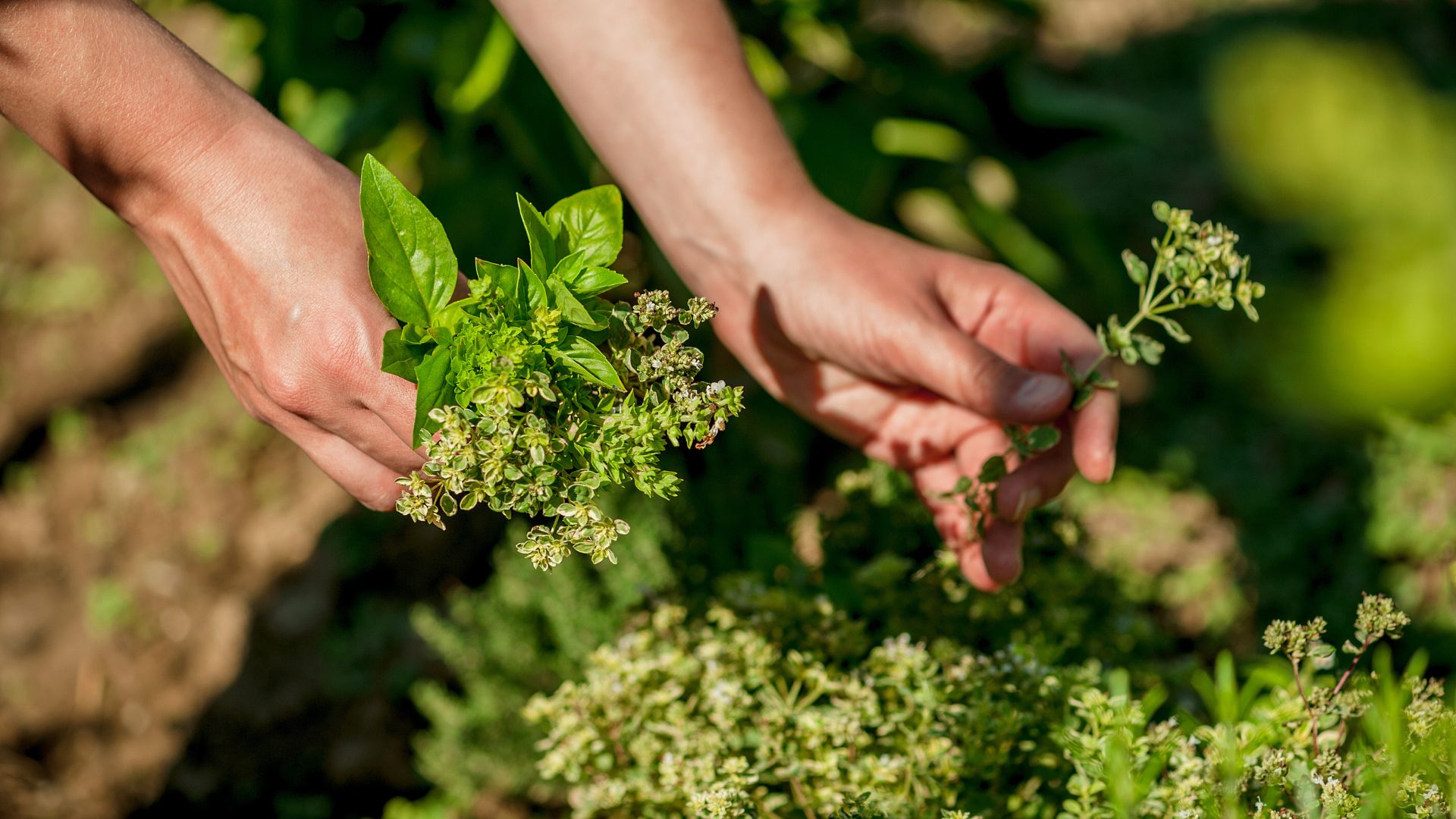Full Sun Herbs
Full sun herbs are plants that thrive in direct sunlight, requiring at least six hours of sun exposure daily. These herbs, such as basil, rosemary, thyme, and lavender, are not only known for their culinary uses but also for their ability to withstand the heat and intense light of full sun conditions. Gardeners often choose these herbs for their robust growth and aromatic properties, making them popular additions to herb gardens.
Growing herbs in full sun offers several advantages. Firstly, full sun exposure helps enhance the flavors and essential oils in the herbs, resulting in more potent and aromatic leaves. The direct sunlight promotes photosynthesis, leading to healthier plant growth and increased yields of flavorful herbs for culinary purposes. Additionally, cultivating herbs in full sun can contribute to a visually appealing garden with vibrant foliage and colors, creating a beautiful and sensory-rich outdoor space.
 Best Full Sun Herbs for Your Garden
Best Full Sun Herbs for Your Garden
Basil, a popular and versatile herb, thrives in full sun, requiring at least six hours of direct sunlight daily to reach its full potential. This aromatic herb not only enhances culinary dishes with its fresh flavor but also adds a vibrant touch to any garden. Growing basil in full sun promotes the production of essential oils, intensifying its taste and aroma. With proper sunlight exposure, basil plants develop deep green, fragrant leaves that are perfect for various recipes.
Rosemary is a resilient herb that flourishes in sunny locations, making it an excellent choice for full sun gardens. This fragrant herb is not only heat-tolerant but also drought-resistant, making it ideal for hot and dry climates. With adequate sunlight, rosemary plants thrive, producing aromatic leaves that are essential for seasoning meats, vegetables, and more. The direct sun exposure enhances the flavor profile of rosemary, resulting in more flavorful dishes when using freshly harvested leaves.
Thyme is a durable herb that excels in full sun environments, requiring direct sunlight for optimum growth and flavor. This versatile herb is known for its culinary uses, adding a flavorful punch to various dishes. Thriving in sunny conditions, thyme plants develop aromatic leaves rich in essential oils that elevate the taste of recipes.
 Planting and Care Tips for Full Sun Herbs
Planting and Care Tips for Full Sun Herbs
When planting full sun herbs like basil, rosemary, and thyme, ensure the soil is well-draining and fertile. These herbs thrive in soil with good drainage, preventing waterlogging that can damage their roots. Incorporating organic matter, such as compost, into the soil before planting provides essential nutrients for healthy growth. Aim for a soil pH of 6.0 to 7.5 to create optimal conditions for the herbs to flourish. Full sun herbs have specific watering requirements to thrive in sunny conditions. It’s essential to water these herbs deeply but infrequently to encourage root development and resilience. Providing consistent moisture while allowing the soil to dry out slightly between watering sessions helps prevent root rot and other water-related issues. Mulching around the plants can help retain soil moisture and regulate temperature, especially during hot spells.
To protect full sun herbs from pests and diseases, regular monitoring and preventive measures are key. Inspect the plants frequently for any signs of pest infestation or disease development. Consider natural remedies like neem oil or insecticidal soap to control common pests like aphids or spider mites. Promoting good air circulation around the plants by proper spacing and pruning helps reduce the risk of fungal diseases. Additionally, removing any diseased plant material promptly can prevent the spread of infections to healthy herbs. Full sun herbs like basil, rosemary, and thyme bring a burst of flavor and freshness to any dish. By understanding their cultivation needs and culinary versatility, one can easily incorporate these herbs into daily cooking routines. With proper care and attention to sunlight, soil, and watering, these herbs can thrive and enhance the flavors of your favorite recipes.
